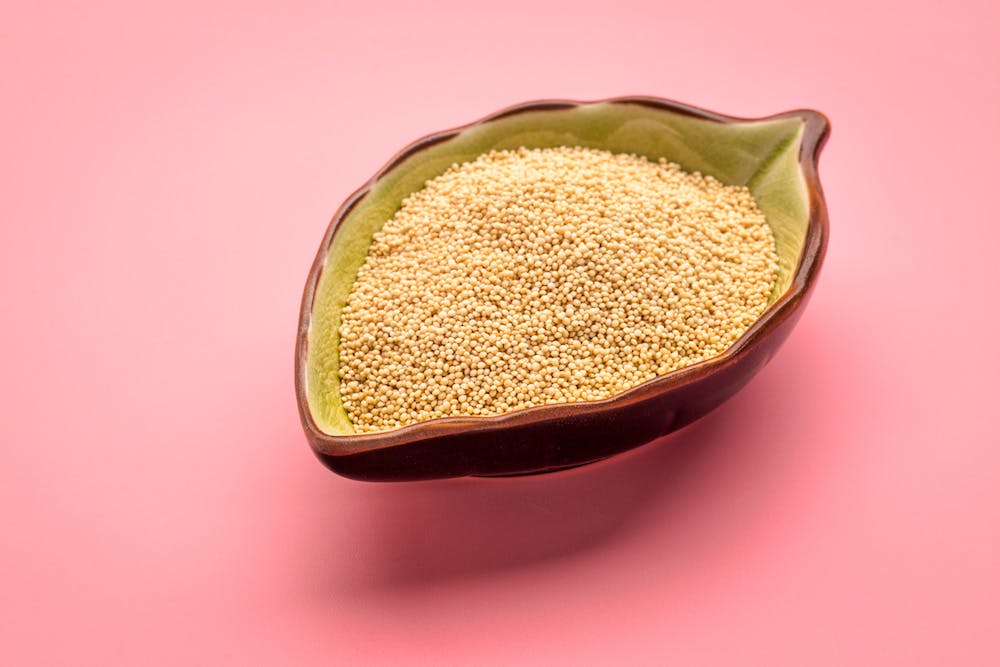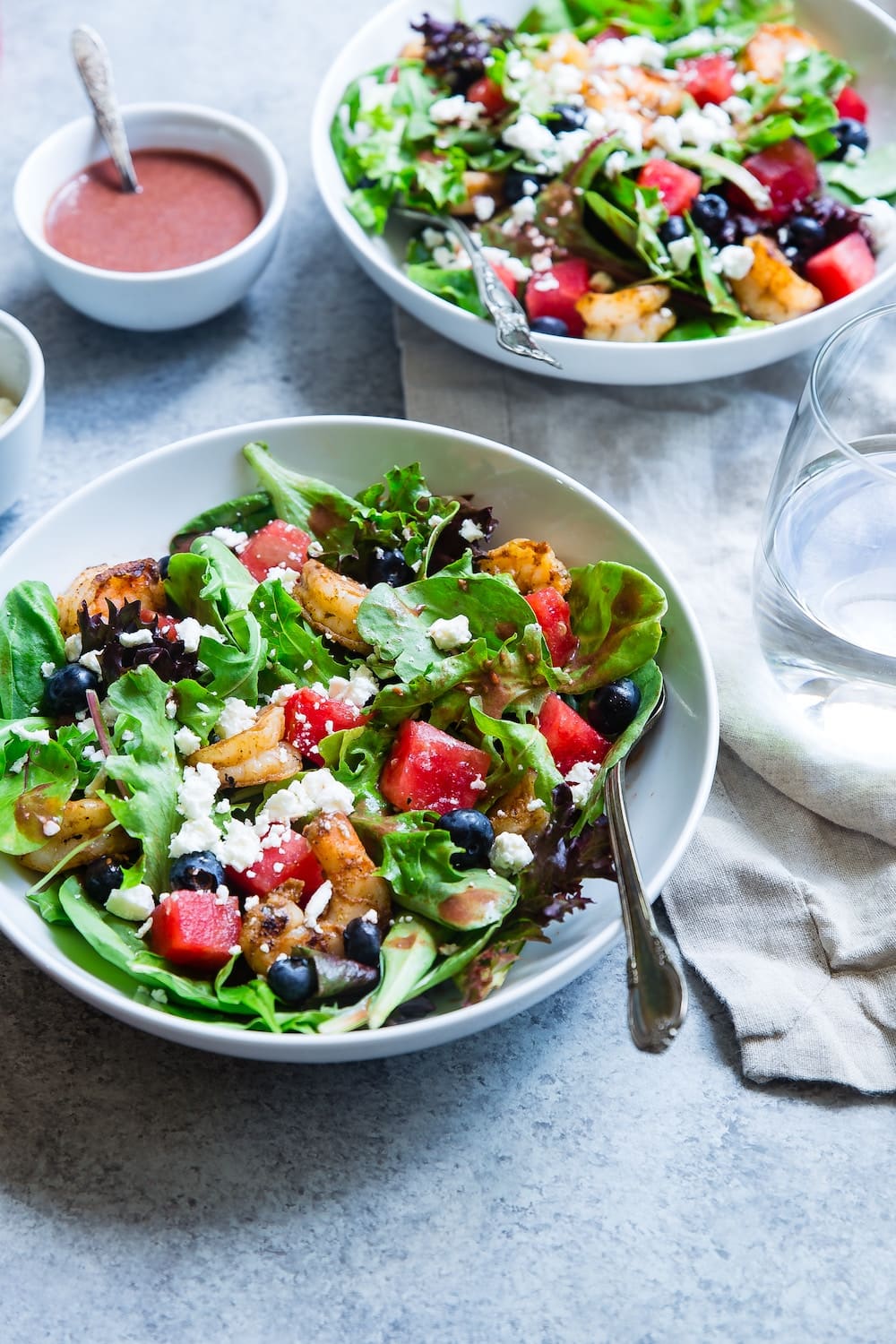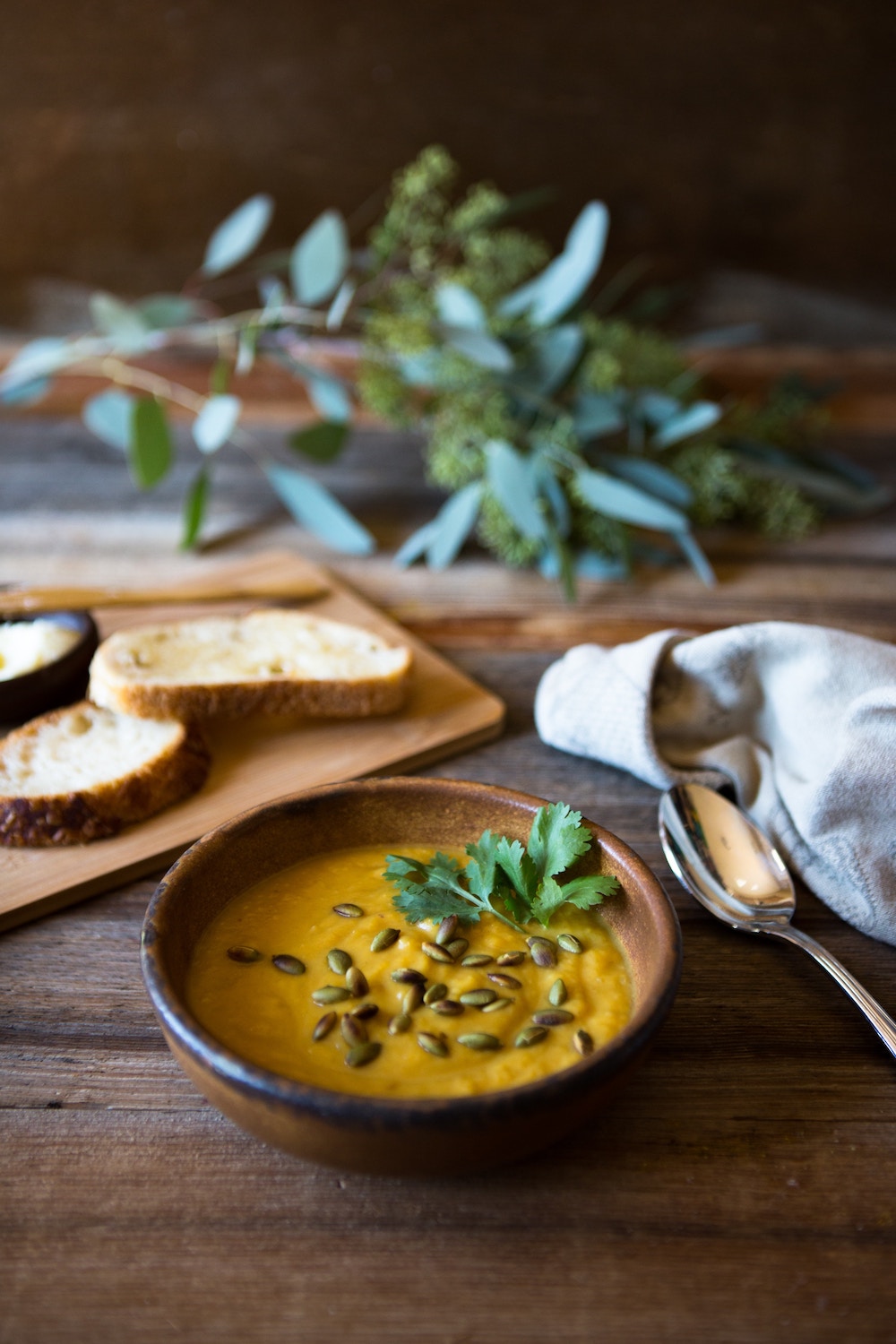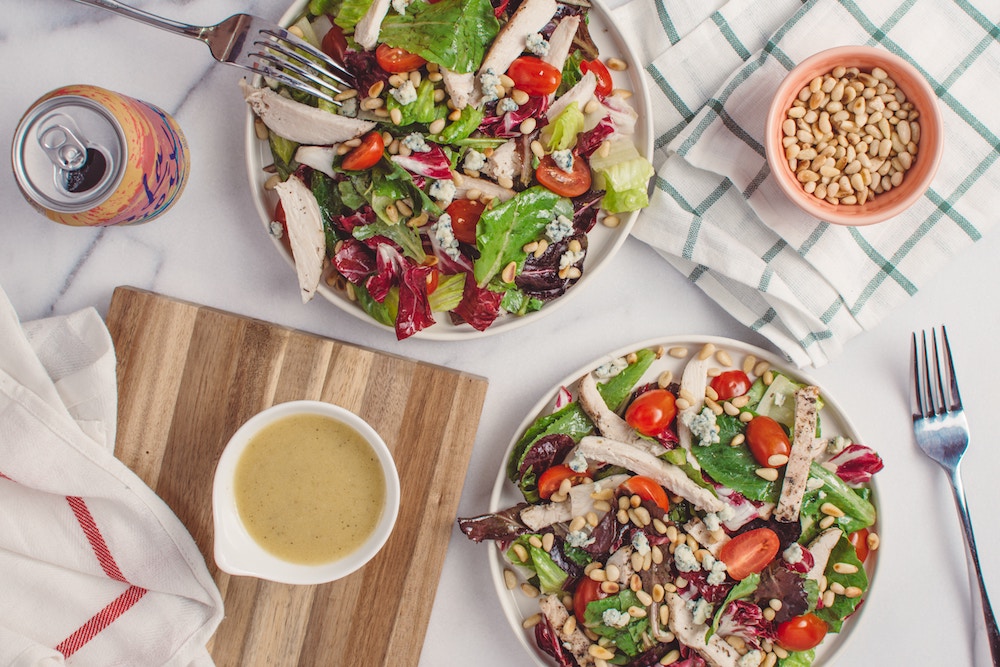
Eliminating certain foods from your diet is essential for those with an allergy, but some people are choosing gluten-free diets not out of necessity, but because of a belief in its health benefits. It’s time to ask exactly how a gluten-free diet impacts us
Gluten-free diets are undoubtedly on the increase, gaining in popularity year on year. The proof is on our supermarket shelves – abundant in gluten-free alternatives and “free-from” labels for those seeking “healthier” choices. But are gluten-free products better for us, or are they just pricey gimmicks for food fanatics?

What is a gluten-free diet?
Gluten refers to the proteins found in wheat, rye and barley. A diet that is gluten-free removes these grains and any foods or ingredients made from them – including breads, pasta, biscuits, and cakes made with flour. Some people also have to avoid oats. A gluten-free diet also excludes foods that contain only a small amount of gluten, like sauces, salad dressings, soups and other processed foods.
Some gluten-free foods may still contain wheat starch where the gluten has been removed, which are therefore unsuitable for people with a wheat allergy. Also, wheat-free foods may not all be gluten-free if they contain rye, barley or standard oats. This makes things quite complicated for people with coeliac disease, gluten and wheat intolerances – checking labels very carefully is an important part of life if they are to avoid becoming unwell.
Who should follow a gluten-free diet?
Gluten-free diets were originally recommended for people diagnosed with coeliac disease – a serious illness where the body’s immune system reacts to gluten by damaging the lining of the small intestine. According to Coeliac UK, coeliac disease affects one in every 100 people in Britain, and twice as many women as men.
People may have a gluten or wheat intolerance or sensitivity. Unfortunately, the test used for coeliac disease is not able to detect intolerances or sensitivities, although symptoms are still unpleasant. Nor is there any other reliable and evidence-based test available for these conditions, making medical diagnosis tricky.
Some studies suggest that gluten sensitivity is actually quite rare and affects only 1% of people. However, trends in gluten-free product sales have risen sharply, and much faster than other food sales in the UK (according to Euromonitor, a consumer data group), suggesting people are avoiding gluten of their own accord and perhaps, without a reliable diagnosis.
What should I do if I think I have coeliac disease or an intolerance to gluten?
If you experience symptoms or feel unwell after eating gluten, it’s best to see a doctor as soon as you can, and definitely before deciding to go gluten-free. It’s important to consult a doctor to rule out other possible causes of your symptoms, and also because you need to be eating gluten for the blood tests to work. What’s more, you are likely to feel much better once you stop eating it – so trying to reintroduce it for tests and diagnosis can be hard to do!

Can a gluten-free diet be harmful?
While gluten-free diets are certainly healthier for those who have coeliac disease or a gluten sensitivity or intolerance, going gluten-free is not necessarily healthier for everyone. There is no evidence that reducing gluten is beneficial for people who do not have these conditions. How healthy a diet is depends on overall food selection. Going gluten-free can make the diet better or worse depending on how and to what extent it is altered.
Some studies have shown that gluten-free diets can be deficient in certain nutrients – fibre, calcium and iron in particular. It is therefore especially important to make sure a gluten-free diet is adequate in these nutrients. Also, gluten-free foods are often less palatable. Manufacturers sometimes compensate for this by adding additional salt, sugar or fats to their products. Therefore a gluten-free option can turn out to be a poorer health choice than the standard product that contains gluten.
Getting a gluten-free diet right can be difficult and for this reason people who are diagnosed with coeliac disease usually have regular follow-ups with nutrition healthcare professionals who can offer personal advice and suggestions on how to manage their diet. Those with gluten intolerance and sensitivity will also benefit from professional nutritional input to help ensure their diet remains balanced.
Some people believe that going gluten-free is a great way to lose weight. But the reality is that people can gain weight as well as lose it when they change to gluten-free. In fact, studies show people who are newly-diagnosed with coeliac disease are more likely to gain weight, as their gut repairs and they benefit from the removal of gluten from their diet. The range of gluten-free products available also means that foods previously off the menu can now be enjoyed without any discomfort. So, if high-fat, high-sugar snacks are eaten more frequently, regardless of the gluten content, these calorie-dense choices are likely to lead to weight gain. A healthier alternative would be to reduce refined carbs like white pasta, white bread and white rice, and replace these with whole grain varieties instead. These choices help boost fibre intake, carry extra nutrients, and will help maintain energy levels too.
The bottom line
- Check that you are experiencing gut symptoms only after eating gluten. It is easy to attribute symptoms to the last thing you ate, but this isn’t always the case. A food and symptom diary will help you keep a log of things and will accurately reflect your issues.

-
If you have symptoms, talk to your doctor before going gluten-free. They can help you with a suitable test and, very importantly, rule out any other causes.
-
Remember, gluten-free does not always equal a healthier diet or guarantee weight-loss. This really depends on your choices!
Don’t try to alter things on your own – make sure you seek some professional nutrition support to help you get things balanced. You can find a nutrition professional near you at Nutritionist Resource.

